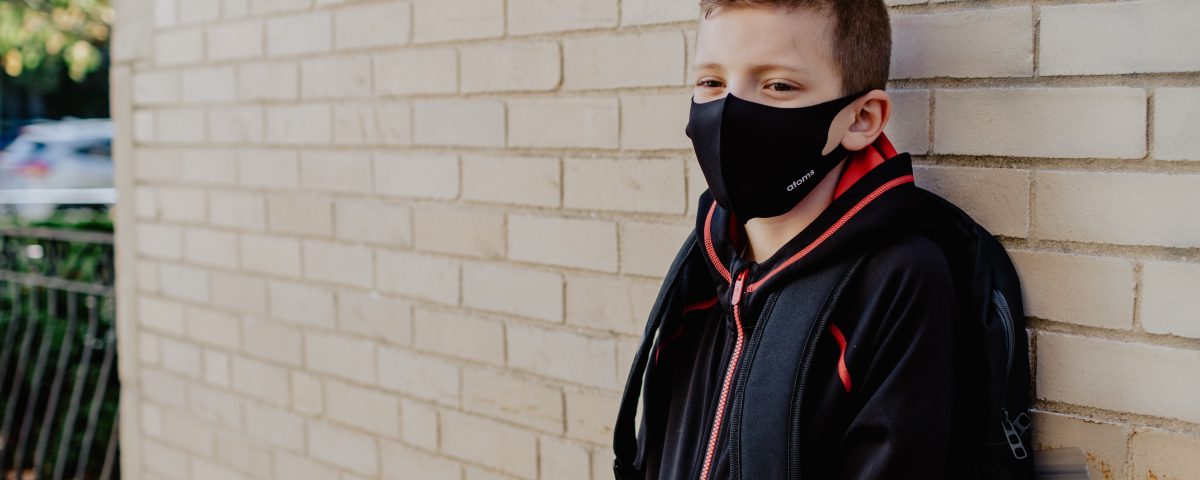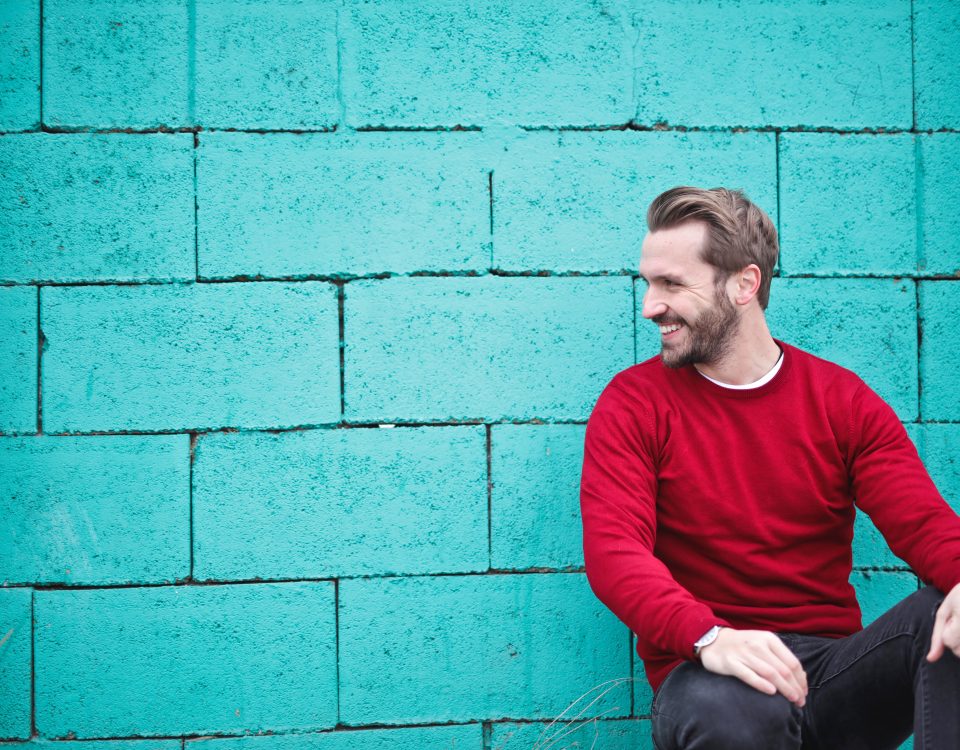Changing the ‘message’ of school physical education in response to COVID-19: avoiding the ‘new normal’

Teachers as teacher educators in the post-COVID world
October 13, 2020
Fit to teach?
March 5, 2021Changing the ‘message’ of school physical education in response to COVID-19: avoiding the ‘new normal’

The current Covid-19 pandemic has, and will continue to, significantly influence the way in which teaching and learning are experienced in schools (Kaur, 2020). As some governments begin to consider plans and protocols for a safe return to schools, as a physical education teacher and physical education teacher educator respectively, we raise the concern that physical education may become a victim of the ‘new normal’, i.e., a sole reliance on remote learning. In times where the importance of social distancing is being emphasised, the delivery of physical education lessons might seem counter intuitive. In this blog, we provide an example of how, in the context of public schools in the United Arab Emirates (UAE), there is a plan to adapt curriculum, instruction and assessment in physical education to meet the related challenges posed by the pandemic. We raise related issues that prompt us to consider the ‘How I teach is the message’ knowledge base of InFo-TED. That is, the messages to be conveyed through the proposed curriculum, instruction and assessment changes.
Moving from a national curriculum to a social distancing curriculum
The national physical education curriculum of the UAE aligns with international standards, while meeting the specific needs of the local students. The intention is that curriculum standardization ensures consistency of implementation and expectations and supports a level of equity by ensuring all students have access to a ‘fixed’ curriculum. Such a curriculum that allows for little deviation may be seen to marginalize the professional judgment, experience and skill of teachers. This is especially so during these unprecedented times, where teachers may feel that their knowledge, skills and experience are as valuable as those responsible for policy change.
“A ‘social distancing pack’ is being created in response to the COVID-19 pandemic and is intended to provide teachers with more ownership and autonomy to choose what they teach (and when) based on the needs of students and their access to equipment and facilities.”
This bank of resources is being designed to afford teachers the opportunity to plan and initiate an inclusive, student-centered, fundamental skills-based curriculum and ensure quality physical education lessons are delivered while still adhering to public health guidelines. The shift from a ‘fixed’ curriculum that minimizes deviation from what should be taught and how it should be taught, to a ‘social distancing pack’ that encourages teachers to experience more ownership and autonomy to choose what they teach and how, is interesting. Such a shift conveys a move from behaviouristic and traditional orientations to critical-enquiry and personalistic orientations (Zeichner, 1983) to physical education. This conveys a clear change in teacher orientation from the teacher being responsible for delivering a pre-determined physical education curriculum that does not allow for any deviation from the objective, practical and technical skills that are deemed essential to prepare young people to remain physically active, to the teacher exercising more choice and decision-making in determining what and how they teach. One would anticipate that the latter, in turn, would introduce (for the teacher and student) a level of subjectivity to understanding and appreciating physical education, as well as creating space to critically challenge the ever-changing systems in which they find themselves. For those physical education teachers experiencing this shift, the intended message to students of physical education will be significantly different to before. In alignment with these curriculum and instructional changes, revisions to assessment practices have also been made. Prior to Covid-19, teachers have been encouraged to implement a balance between formative and summative assessment practices as part of the students’ formal assessment. Due to the unpredictable nature of the COVID-19 situation, for the first school term at least, assessment of learning practices are expected to be predominantly formative whereby the students will be expected to undertake projects involving individualized learning activities. Backward design is encouraged to ensure that teachers are clear what the specific goals for the students are and how they will measure progress.
Moving from predominantly team-based activities to individualized learning activities
Moving towards a curriculum that focuses on social distancing brings with it a unique challenge and represents a significant challenge for physical education.
“The realities of social distancing mean there is an inclination to move towards individualized learning activities in safe spaces. This is a challenge that physical education policy makers, teachers and stakeholders should embrace, recognizing the opportunity to focus on the health and well-being of our communities and help our students to improve their movement vocabulary.”
The prevalence of team-based activities in physical education (Kirk, 1992), and the ongoing interest in a reduction of such activities to create more space for individualized learning activities (Beni et al., 2017), is well documented. Indeed, research on ‘alternative environmental activities’ (Hall et al., 2019) has more recently explored participation in ‘alternative’ physical activities not reliant on being in close proximity to others and using ‘alternative’ spaces. The move to more predominantly individualized activities will impact on teaching, curriculum and assessment. Providing individual instruction to every student in the class is one of the least frequently achieved goals of teaching (Metzler, 2011). However, the move to individualized activities affords teachers a greater opportunity to achieve consistent levels of individualized feedback, create more tasks that are appropriately enjoyable and challenging, and carry out immediate assessment of, and for, learning. This, in turn, should ensure more meaningful physical education experiences for students.
With the above two developments arising in response to the COVID-19 pandemic, we contend that physical education will not become a victim of the ‘new normal’. Rather, teachers will have the potential to reconfigure physical education in a way that is more meaningful, relevant and worthwhile to the young people who we wish to instill with a passion and skill-set that will allow them to retain a life of autonomous wellbeing, regardless of what arises in the future.
References
Beni, S., Fletcher, T. and Ní Chróinín, D. (2017). Meaningful experiences in physical education and youth sport: A review of the literature. Quest, 69(3), 291-312.
Hall, N., Bradford, B., da Costa, J. and Robinson, D.B. (2019). Physical Education Teachers’ Embracement of Alternative Environment Activities. Journal of Teaching in Physical Education, 1, 1-10.
Kaur, M. (2020). Effects of COVID-19 on Physical Education and Sports - Northlines. [online] Northlines. Available at: http://www.thenorthlines.com/effects-of-covid-19-on-physical-education-and-sports/
Kirk, D. (1992). Defining Physical Education: The Social Construction of a School Subject in Postwar Britain. Oxon, UK: The Falmer Press.
Metzler, M. (2011). Instructional Models for Physical Education. 3rd ed. London and New York: Routledge.
Zeichner, K.M. (1983). Alternative paradigms of teacher education. Journal of Teacher Education, 34(3), 3-9.
Dean Cassidy and Ann MacPhail
Dean Cassidy is a graduate of Physical Education and Concurrent Teacher Education from the University of Limerick and is currently operating in the Physical and Health Education Curriculum Development Unit at the Ministry of Education, United Arab Emirates. Dean’s research interests include curriculum development and the associated reciprocal relationship between curriculum, assessment and instruction.
Ann MacPhail is Assistant Dean Research in the Faculty of Education and Health Sciences and a member of the Department of Physical Education and Sport Sciences at the University of Limerick, Ireland. Ann’s research interests include the professional learning needs of teacher educators, practices in (physical education) teacher education programmes, instructional alignment and self-study.




